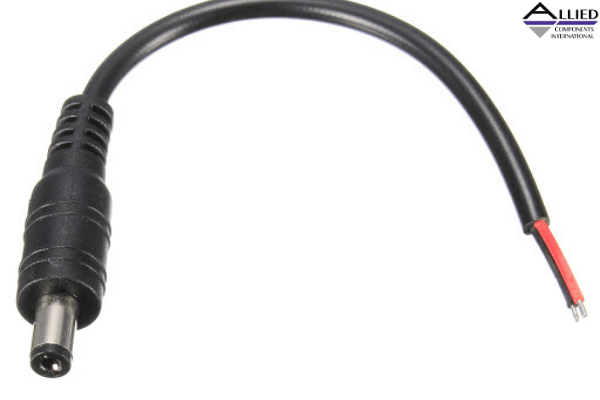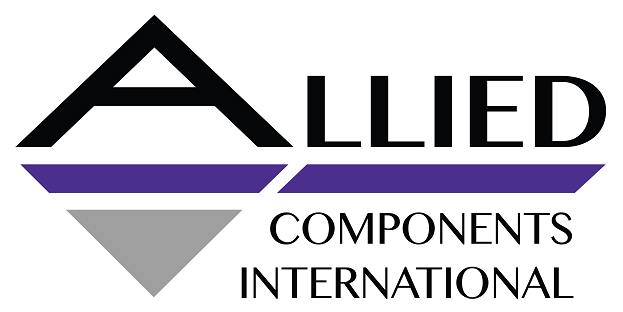What to Consider When Selecting DC Power Connectors

Sometimes small electronic components can make a big difference, such as with audio, USB, and DC connectors. Two jacks or plugs can look the same, but require specific sizes and ratings to match. Here are key points to remember when replacing these components.
Common Connectors
DC power connectors work most reliably when properly matched, although you won't damage the equipment by plugging a connector into the wrong port. DC power connectors must meet manufacturer specifications for current and voltage ratings.
The three main types of DC power connectors in the electronics industry are jacks, plugs, and receptacles. A DC power jack is mounted on a PC board or chassis and receives power, while a DC power receptacle also receives power but is attached to the end of a power cord.
Meanwhile, a DC power plug delivers power from a power supply when it's connected to a jack or receptacle.
Also Read - Power Inductors: Everything You Need to KnowA DC power connector has a center pin that indicates a male component that must be matched with a female connector. These connectors have inner pins and outer sleeves of various sizes. Inner pin diameters may range from .5mm to 3mm, while outer sleeve diameters range from 2.35mm to 5.5mm. The inner sleeve diameter should be a bit larger than the connecting pin, whereas the outer sleeve doesn't require specific mating.
Depth of insertion is an important factor that must adhere to specifications, although the jack insertion depth will often be less than the plug barrel length. It's possible for the barrel length to be too short if the depth of the chassis is not considered.
Connector Functions
Two conductors and a center pin form the typical configuration of a standard DC power jack or plug. The outer sleeve of the center pin is usually used for ground. Certain power jack versions include a third conductor that acts as a switch between power sources for the outer sleeve conductor.
Also Read - Toroid Inductors: What You Need to KnowUSB connectors are used to deliver both power and data, but there are different types to consider. USB Type-C connectors with no data transfer pins are more efficient for power-only designs.
Audio connectors can have different functions than power connectors, in which there's a risk of damaging the equipment if the wrong selections are made. They are designed to transfer specific current and voltage capabilities. When an audio cord is plugged into a power supply, it can cause a short between conductors.


